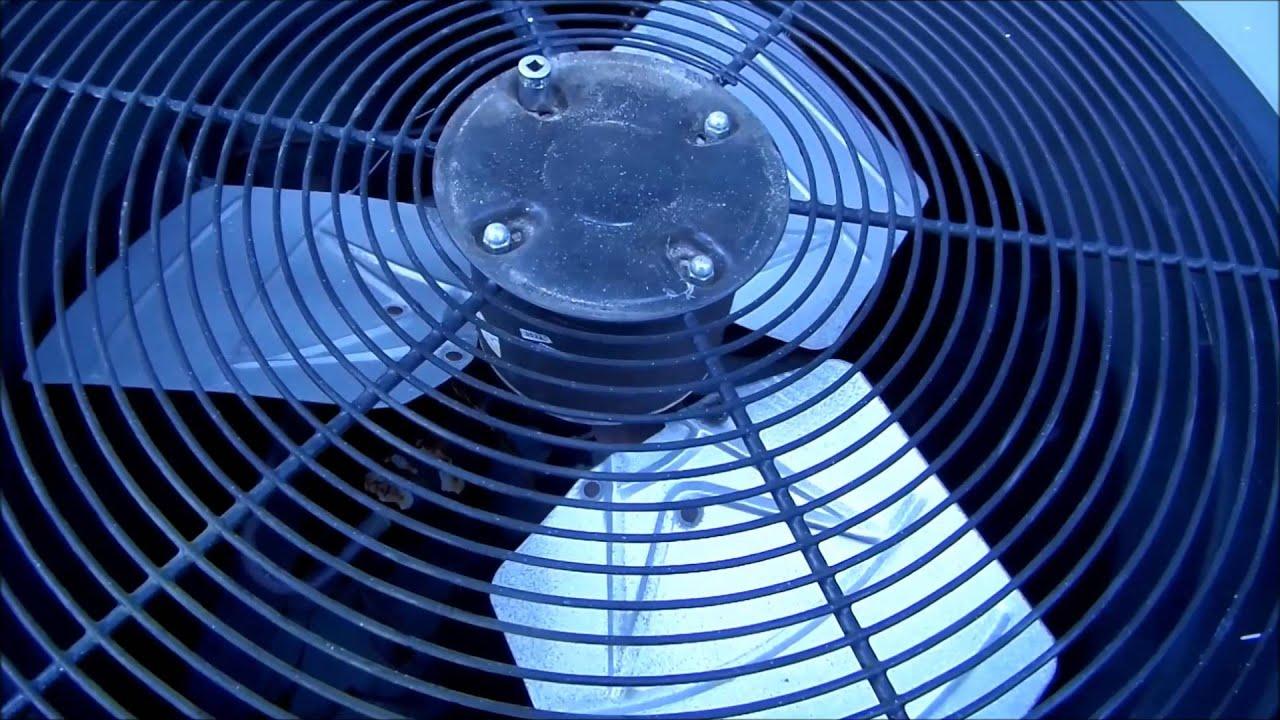Mastering Comfort: The Ultimate Guide to Heating and Air Conditioning
Mastering Comfort: The Ultimate Guide to Heating and Air Conditioning
Blog Article

In today's fast-paced world, ensuring a comfortable indoor environment is more important than ever. Whether it's the scorching heat of summer or the icy grip of winter, heating and air conditioning systems play a crucial role in our daily lives. These systems not only provide relief from extreme temperatures but also contribute to our overall well-being and productivity. Mastering the intricacies of heating and air conditioning can be a game-changer for homeowners and renters alike, allowing you to create the perfect sanctuary in your own living space.
Understanding the essentials of heating and air conditioning can help you make informed decisions about the systems that work best for your needs. From traditional furnaces and air conditioners to modern heat pumps and smart thermostats, the options available are constantly evolving. With the right knowledge, you can enhance energy efficiency, save on utility bills, and extend the lifespan of your equipment. Join us as we delve into the ultimate guide to mastering comfort through effective heating and air conditioning solutions.
Types of Heating Systems
When it comes to heating systems, there are several options available to cater to various needs and preferences. One of the most common types is the forced air system. This system uses a furnace to heat air, which is then distributed throughout a home via ductwork. Its efficiency and ability to provide quick warmth make it a popular choice, especially in colder climates. Additionally, forced air systems can be equipped with air conditioning, offering a combined solution for year-round comfort.
Another prevalent heating option is hydronic heating, which involves heating water in a boiler and circulating it through pipes to radiators or underfloor heating systems. This method provides a gentle and consistent warmth, often favored for its energy efficiency and comfort level. Hydronic systems are well-suited for homes looking for a more silent heating solution, as they do not rely on blowing air.
Radiant heating is an innovative option that uses electric or hydronic heating elements installed beneath floors or within walls. This system effectively warms surfaces and objects in a room directly, creating a cozy environment without the drafts caused by forced air systems. Though installation can be more complex, radiant heating is appreciated for its energy efficiency and the comfort it brings, making it an appealing choice for various living spaces.
Energy-Saving Residential Heating Options
Air Conditioning Basics
Air conditioning systems are designed to regulate indoor temperatures and maintain comfort during hot weather. They work by removing heat and humidity from the indoor air, providing a cooler and more pleasant environment. Most air conditioning units operate on the principle of vapor compression refrigeration, which involves a refrigerant that absorbs heat from the indoor air and releases it outside. Understanding how these systems function is essential in both selecting the right unit and ensuring it operates efficiently.
There are several types of air conditioning systems available, including central air conditioning, split systems, and window units. Central air conditioning is ideal for cooling entire homes and involves an outdoor compressor unit connected to an indoor air handler, distributing cool air through ductwork. Split systems, often used in larger spaces, consist of an indoor and an outdoor unit and are easier to install without the need for extensive ductwork. Window units are individual air conditioners that fit into a window frame and are suitable for cooling specific rooms.
Regular maintenance is crucial for the longevity and efficiency of air conditioning systems. This includes cleaning or replacing filters, checking ductwork for leaks, and ensuring that refrigerant levels are adequate. By keeping up with these maintenance tasks, homeowners can enhance their system’s performance, reduce energy consumption, and prolong the life of their air conditioning units. Understanding these basics will empower individuals to make informed decisions about their air conditioning needs.
Energy Efficiency Tips
To maximize energy efficiency in your heating and air conditioning systems, regular maintenance is crucial. Clean or replace filters consistently to ensure proper airflow and prevent the system from working harder than necessary. Additionally, scheduling annual professional inspections can help identify potential issues before they become costly repairs, ensuring that your systems are operating at their best.
Another significant way to enhance energy efficiency is by using programmable thermostats. These devices allow you to set specific temperatures for different times of the day, reducing energy consumption when you are not at home. By adjusting the temperature settings based on your schedule, you can save money on your utility bills while maintaining a comfortable environment.
Lastly, consider the role of insulation and sealing leaks in your home. Proper insulation in walls, attics, and crawl spaces helps to keep conditioned air inside, while sealing gaps around doors and windows prevents drafts. Together, these improvements can significantly reduce the strain on your heating and air conditioning systems, leading to lower energy usage and increased comfort throughout the year.
Report this page